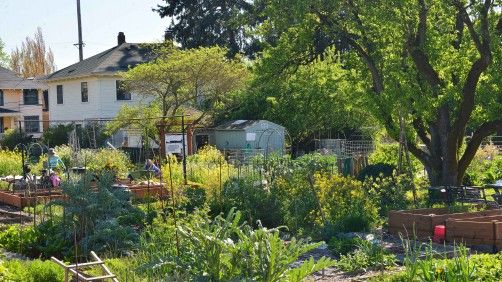Wise — A research team led by the University of Adelaide has found that revegetation of green spaces within cities can improve soil microbiota diversity towards a more natural, biodiverse state, which has been linked to human health benefits. In the study, published in the journal Restoration Ecology, researchers compared the composition of a variety of urban green space vegetation types of varying levels of vegetation diversity, including lawns, vacant lots, parklands, revegetated woodlands and remnant woodlands within the City of Playford Council area in South Australia.
The purpose of the research was to understand whether it is possible to restore the microbiome of urban green spaces, a process known as microbiome rewilding. It is believed this process could expose us to a greater variety and number of microbiota (organisms living within a specific environment) and provide a form of immune system training and regulation.
Lead author of the journal paper, PhD Candidate Jacob Mills from the University of Adelaide’s School of Biological Sciences and Environment Institute, says historically humans lived in more rural and wild landscapes, and children spent more of their childhood outdoors, allowing exposure to more microbes.
